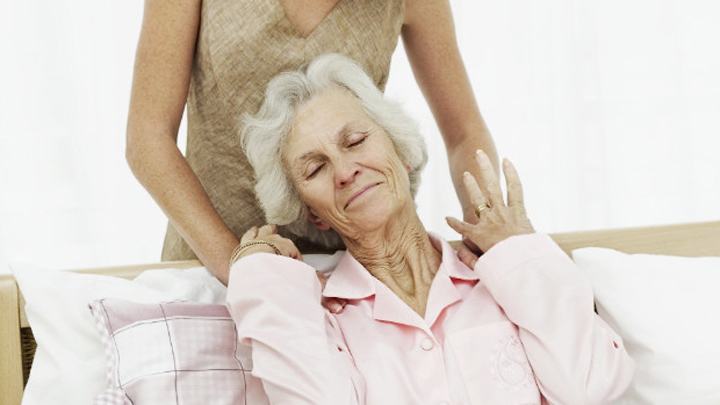What are the signs that your parents aren’t coping?

Holidays like Easter next week are a good time to go home and see your family. One important byproduct of this is you have the opportunity to check out how your mum or dad is coping. It’s no surprise that calls to Lend Lease’s Serviced Apartment team spike after Christmas and Easter breaks, when adult children have the chance to identify that there might be concerns with their parents’ wellbeing.
But what are the big signs that mum or dad isn’t coping as well as you’d hoped.
You can look for a range of signals across the home and in their life, including:
Physical changes:
Obvious weight gain or weight loss can be caused by a range of things. The simplest causes can be diabetes, dementia or not feeling strong enough to prepare meals anymore.
Deterioration in personal grooming can present as body odors, not wearing clean clothes, or not putting on make up or grooming hair the way they would normally. Any of these signs can show that your parent might need a little more help.
Increase in frailty can be felt in a hug, or just by noting the change in strength of your parent. Look at how mum or dad moves through the house, how they get up and down from their chair, and compare then with what they were like the last time you saw them.
Household management:
Is the mail getting opened and handled the way it used to or does your mum or dad need more help with this. Obvious signs that might alert you to have more concern can include unopened bills, overdue notices or unopened letters. It is also worthwhile monitoring donations for logical activity. A parent that is suffering some dementia can pay charities several times, or not remember paying them at all.
Is the laundry getting done and basic hygiene being managed ok? Signs of things not working well include dishes piling up, plants that are dying and spills that haven’t been cleaned up for some time.
Are the animals being well tended and groomed the way they usually are, or have they got long toenails and clumpy ungroomed fur?
The car:
If your mother or father is still driving the car can be a telltale sign of deterioration.
Observe your parent’s car for dings and scratches as these might be signs of their driving not being safe anymore.
Check the car has been serviced and has no warning lights showing.
Consider having them drive you to the shops, unsuspectingly giving you an opportunity to see their reaction times, speed handling and use of brakes.
Food and eating:
My husband’s grandmother’s area of greatest concern was in her refrigerator. With bad eyesight she couldn’t see the mould growing on her food, and did not dispose of rotten items quickly. It is a good place to look for worrisome signs.
Are there signs of doing the grocery shopping in an organised way, and coping with their food preparation safely.
Are the appliances all in working order?
And is there signs of increases in take away food or simplified cooking activities? (i.e. is mum reheating food rather than cooking).
And finally, are they getting out and about?
Check the calendar and plans for your parents continuing to get out and about. If mum or dad has fewer plans to go out and have fun than usual you might find their health or wellbeing is getting in the way.
What changes have you noticed as you’re parents have got older? Tell us in the comments below…
This article is sponsored by Retirement by Lend Lease who want to help people in our community openly discuss the issues of caring for and supporting parents who are losing their independence a little. For more information on serviced apartments and lifestyle options, please click here or call 1800 361 371.









 Proudly Australian owned and operated
Proudly Australian owned and operated